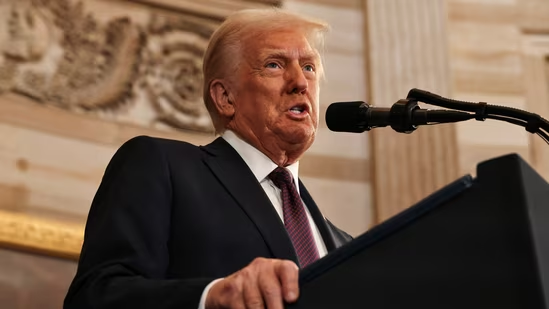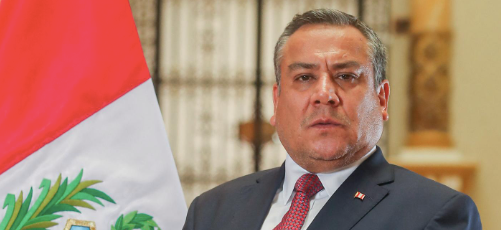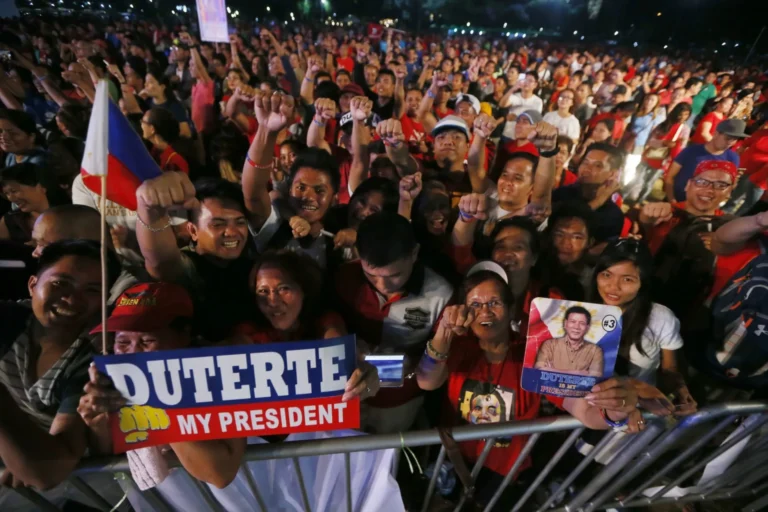
Washington, D.C. — Donald Trump was sworn in as the 47th President of the United States on Monday, January 20, marking the beginning of what he called the “golden age of America.” Shortly after taking the oath, President Trump moved swiftly to implement his agenda, signing a series of executive orders that signal dramatic policy shifts.
In the Oval Office, Trump canceled 78 Biden-era decisions, declaring them obstacles to American progress. Among his first actions was pardoning 1,500 individuals convicted in connection with the Capitol Hill attack on January 6, 2021. He also began withdrawing the U.S. from the World Health Organization (WHO) and the Paris Climate Agreement, labeling the latter a “fraud.”
On immigration, Trump declared a national emergency at the southern border, authorizing armed forces deployment and reintroducing policies requiring asylum seekers to wait in Mexico. He announced plans to end birthright citizenship and impose a 25% tariff on Mexico and Canada, alongside a renewed push to build a border wall.
Domestic policy changes included abolishing the recognition of a third gender and canceling federal programs promoting electric vehicles. Trump also reinstated the death penalty, reversing a Biden-era suspension.
These sweeping decisions underscore Trump’s commitment to his campaign promises of prioritizing national security and economic growth. Advisors revealed additional orders aimed at reforming immigration and trade are expected in the coming weeks.
President Trump’s bold moves have sparked significant debate, with supporters praising his decisive actions and critics voicing concerns over their potential implications.
Keep reading questiqa.com & questiqa.in for more updates.




